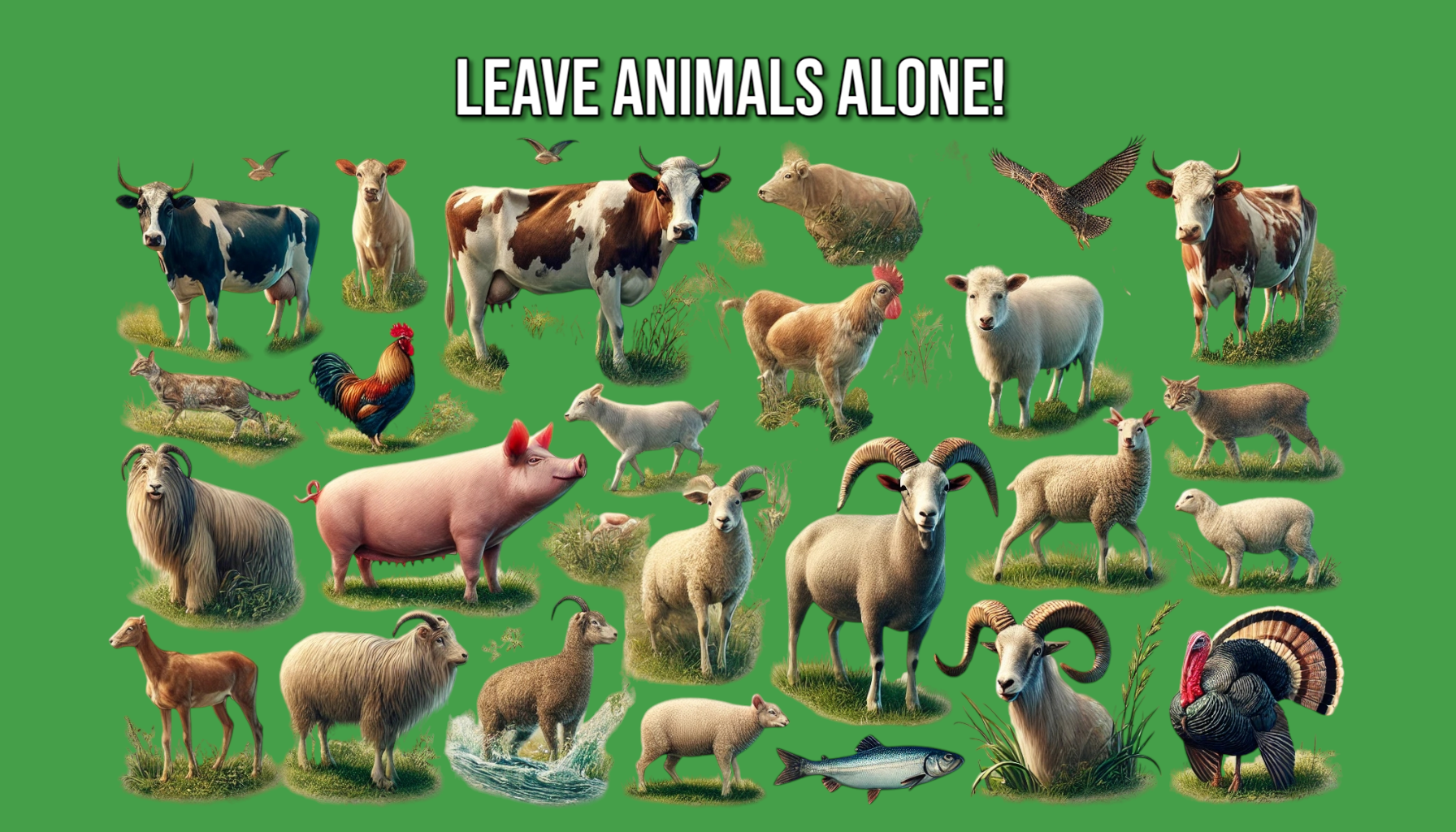Read Our Blogs

The Hidden Risks of Meat: Understanding What’s on Your Plate
Ngiafon abcd 0 comments
In my observation, meat is toxic to the human body. The toxicity of meat in the human body largely stems from various factors, including how it is produced, processed, cooked, and the individual’s own dietary balance.
1. Processed Meat: Meats like bacon, sausages, hot dogs, and deli meats often contain nitrates, preservatives, and artificial additives to extend shelf life. These chemicals can form harmful compounds like nitrosamines, which are linked to an increased risk of cancer, particularly colorectal cancer.
2. Cooking Methods: Cooking meat at high temperatures (e.g., grilling, frying, or smoking) can produce toxic compounds such as heterocyclic amines (HCAs) and polycyclic aromatic hydrocarbons (PAHs). Both HCAs and PAHs are carcinogenic and can damage cells when consumed in large amounts over time.
3. Red Meat: Red meat, particularly when consumed in large amounts, has been associated with higher risks of heart disease, cancer, and diabetes. This may be due to its high saturated fat content, cholesterol, and compounds like Neu5Gc, a sugar molecule that humans cannot synthesize. When humans consume Neu5Gc from red meat, the body may treat it as foreign, triggering inflammation and potentially
increasing cancer risk.

4. Hormones and Antibiotics: In industrial meat production, livestock may be treated with hormones to promote growth and antibiotics to prevent disease. Residues of these substances can end up in meat, potentially disrupting human hormonal balance and contributing to antibiotic resistance.
5. Toxins from Animal Feed and Environment: Livestock may be exposed to pesticides, heavy metals, and other toxins in their feed or environment. These can accumulate in animal fat and muscle tissues and may be passed on to humans when they consume the meat, leading to various health concerns over time.
6. Digestive Process and Gut Health: Meat can be harder for some individuals to digest, especially red meat, which takes longer to break down in the gut. This can result in the production of harmful by-products like trimethylamine N-oxide (TMAO) during digestion, which has been linked to heart disease. High meat intake can also alter gut microbiota in a way that may favor inflammation.
7. Ethical and Spiritual Concerns: Some traditions and practices believe that meat carries the energy or stress of the animal at the time of slaughter, affecting the consumer’s health and spirit. This view emphasizes a broader consideration of energy and life force when evaluating food's impact on health.
Overall, while moderate consumption of unprocessed meat can fit into a balanced diet for many, overconsumption—especially of processed or improperly prepared meat—can pose health risks.
#HealthAndWellness #FoodAwareness #Spiriletics #AshingneTradition #CleanEating #MindfulEating #ToxicFreeLiving #NourishYourBody #MeatMyths #BalancedDiet #StayInformed










